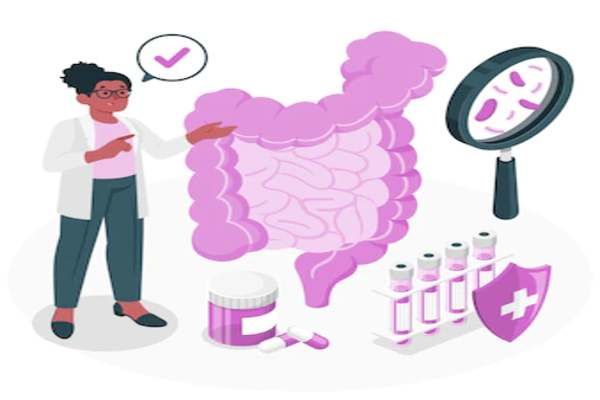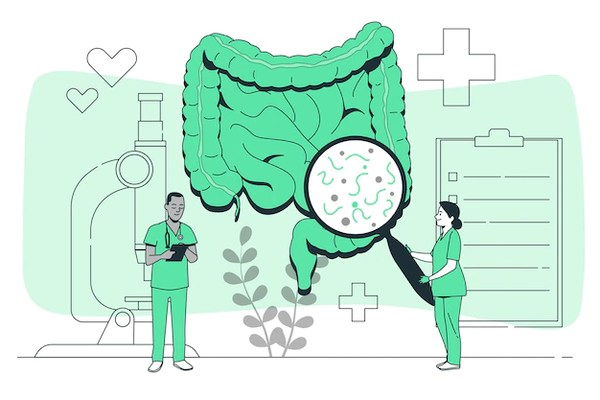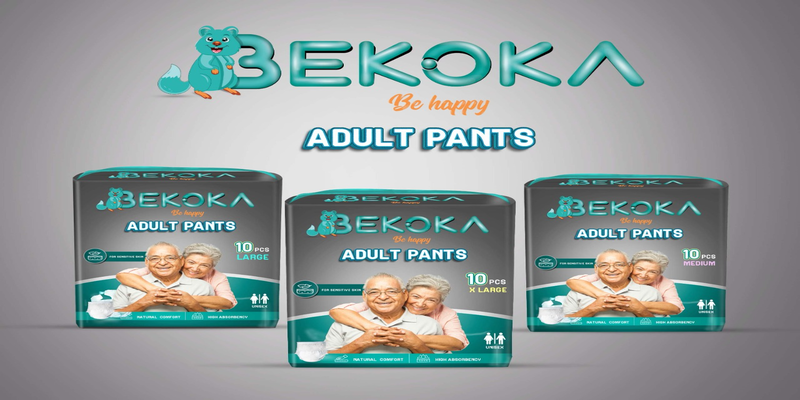The body slows down as it ages, and those who are elderly often suffer from constipation because they have difficulty eating enough fiber or drinking enough fluids to help keep things moving smoothly.
What is constipation?
Constipation is defined as having three or fewer bowel movements in one week. It can also refer to a case in which the elderly are unable to entirely evacuate your bowels. When individuals have to strain to have a bowel movement, many people consider themselves constipated.
Why do the elderly often suffer from constipation?
Elderly people, by age, become less active and less inclined to drink water or exercise, both of which can help relieve chronic constipation. Additionally, the medications that some elderly people take can cause constipation by limiting the movement of their bowels. Constipation may also be a side effect of other medical conditions like Parkinson’s disease or diabetes.
A group of professors, on August 2, 2021, published a study about the prevalence, symptoms, and associated factors of chronic constipation among older adults in northeast Peninsular Malaysia. They found that a total of 400 elderly patients took part in the study, with a mean age of 68.7 (SD = 6.4) years. Chronic constipation was seen in 14.8% of people.
The inability to pass stool was the most commonly reported symptom (98.3%). Chronic constipation was linked with older age (OR = 2.97; 95% CI [1.17, 7.54]; p =.022), insufficient plain water intake per day (OR = 2.13; 95% CI [1.13, 4.02]; p =.020), hypertension (OR = 2.22; 95% CI [1.07, 4.61]; p =.033), and hyperlipidemia (OR = 2.52; 95% CI [1.24, 5.11]; chronic constipation should be identified at routine clinic visits, especially for older individuals with cardiovascular disease.
For more details about this study you can visit this site.

It can be difficult figuring out what’s triggering your loved one’s constipation. Sometimes the problem can be due to excessive straining which makes it difficult for your loved one to go to the bathroom. Other times, constipation may be brought on by your loved one not drinking enough fluids or by not eating enough foods that are high in fiber.
The good news is that constipation can be treated. In this article, we will provide you with some tips on how you can help the elderly who often suffer from constipation.
Constipation is usually caused by a blockage in the bowel. The most common form of it is impacted stool in a person who doesn’t want to be constipated. For example, someone who feels the urge to defecate often has a bowel movement. If they don’t feel that urge, they may not have a BM (bowel movement).
In other cases impacted stool can be caused by eating too much fiber and not enough fluid or drinking too much fluid and not enough fiber or exercise avoidance. However, there are other causes of constipation as well as other treatments for it.
As we said in the previous paragraph, there are many reasons why old people suffer from constipation, but the primary reason is that they don’t drink enough water. Coupled with being less active because of physical limitations, these factors can lead to a sluggish metabolism which in turn can lead to constipation. The lack of muscle tone also makes it difficult for them to have a bowel movement and most old people are not motivated enough or able to do what’s needed to rectify the problem.
Constipation is a very common problem among the elderly. We are here to help you find the best way to treat your loved one’s constipation by giving you a few useful tips.
Constipation can be both physically and mentally damaging for someone suffering from it. Also, it can lead to many other health problems, including poor nutrition, dehydration, malnutrition, and even death (see: “why does a lack of fiber cause constipation?”). For happy life for your beloved make sure to help him\ her adopt these steps:
- People over 60 years old should drink at least 8 glasses of water daily and eat whole food meals that are high in fiber content with plenty of vegetables. A fiber supplement can also be taken.
- Your loved one should try to drink water or some other type of beverage high in fiber (e.g.: fruit juice, etc.) 1-2 hours before going to bed in order for them not to become dehydrated.
- Avoiding drinks that are high in caffeine (e.g.: coffee, sodas) and alcohol when dealing with constipation is a great place to start. Your loved one should also avoid taking herbal supplements such as herbs that contain guarana, such as Guarana Coffee. This stuff is just loaded with caffeine and should be avoided by anyone suffering from constipation.
- A soft bran diet should be avoided in old age as it is hard to digest and can aggravate the condition.
- Regular exercise, even if it’s just a walk around the block every day, is important to keep muscles toned and encourage blood flow. At the same time make sure you drink plenty of water so your body has enough fluid to help your system eliminate toxins properly. Even if you are not suffering from constipation that doesn’t mean your body is functioning well or that you aren’t carrying toxins around that need to go out of your body regularly.
- Your loved one’s doctor may be able to give them some diarrhea medicine or a mild laxative to help them get moving again. However, this isn’t the best way to manage your loved one’s constipation, since these medicines build up in your loved one’s system and can cause them serious problems.
I want to close my article on Dr. Hippocrates saying “Old people are the most grateful and appreciative of those who take the time to help them.”

